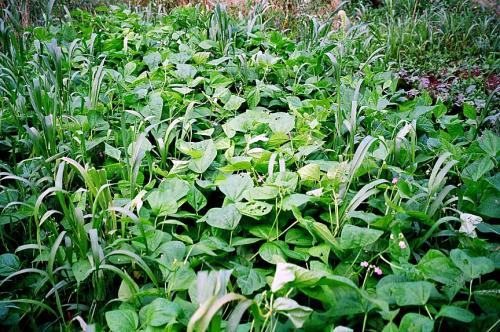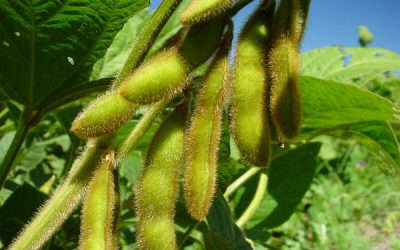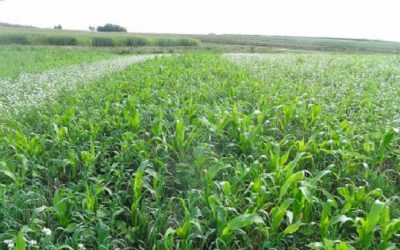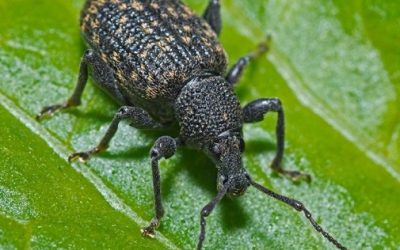Dangers of Weeds in your garden.

Weeds are defined as all plants that grow where they are not wanted by the farmer. It does not matter whether they are food or cash crops. As long as they are out of place they are weeds and they must be treated as such. For example if a cash crop like tobacco grows in a garden of beans or groundnuts the farmer may weed it out.
Since weeds are plants they also depend on soil nutrients to grow well. Weeds too grow with more vigour if the soil has sufficient water, organic manure or synthetic fertilisers.
They also need sufficient sunlight to grow well. Uninvited, they find space within the planted crops and compete with them for the soil nutrients. They tend to take the lion’s share of every good thing intended for the planted crops.
They also grow better where the soil is more fertile and when the weather conditions are more favourable to the planted crops.
To get rid of them, the farmer often applies considerable physical effort and spends large sums of money buying herbicides and paying workers ending up with reduced profits.
Some weeds are poisonous to humans and livestock if ingested. Some of them can cause a burning sensation when they get in contact the human skin. They often host pests which are dangerous to the desired crops.
They hide snakes and rodents. They also make farm inspection difficult as the farmer must take extra care about how to find his or her way.
Sometimes farmers lose their planted crops trying to spray herbicides over weeds when the solution gets into contact with the crops.
Most of the plants described as weeds are inedible to humans but they are sometimes harvested and prepared along with vegetables, which introduces strange smells in the food and lowers its quality.
Their pollen is known to predispose some people to allergic diseases like asthma.
Like farmed plants, some weeds are annual while others are perennial.
Some weeds spread out their roots deep into the ground and they cannot get killed and wiped out until all their roots are destroyed.


